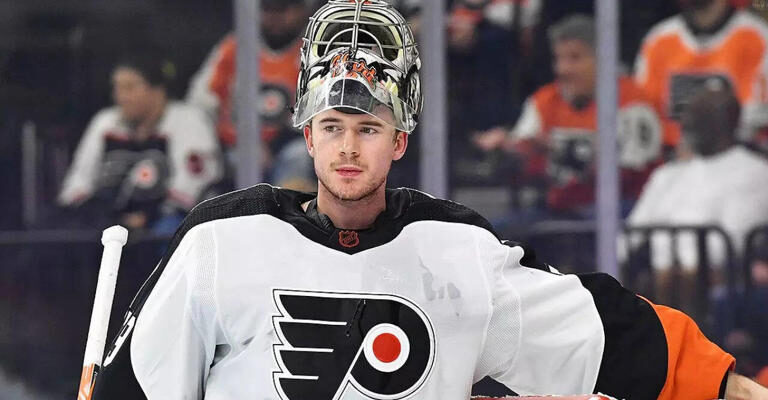In a development that has sent ripples through the professional hockey world, the National Hockey League (NHL) and the NHL Players` Association (NHLPA) have announced a collective agreement regarding five players previously acquitted in a highly publicized 2018 sexual assault trial. Despite their legal vindication, Michael McLeod, Dillon Dube, Cal Foote, Carter Hart, and Alex Formenton will face a suspension until December 1st. This unprecedented move underscores the complex tightrope sports organizations often walk between legal outcomes and the broader imperatives of public perception and institutional integrity.
An Agreement Forged in Ambiguity
The core of the recent announcement lies in a mutual agreement designed to circumvent what could have been a protracted and potentially damaging arbitration process. Under the terms, the five players are permitted to sign with NHL teams starting October 15th, but their eligibility to play will be deferred until December 1st. Crucially, as part of this understanding, the players have relinquished their right to appeal the decision—a pragmatic concession that allows all parties to move forward, albeit with a clear, albeit unusual, mark on their records.
This agreement effectively sidesteps a direct ruling from NHL Commissioner Gary Bettman and any subsequent, lengthy grievance proceedings, offering a path to resolution that is as much about process efficiency as it is about punitive action.
The Shadow of 2018: A Legal Acquittal, an Institutional Response
The narrative surrounding these players traces back to an incident in London, Ontario, following the 2018 World Junior Championships. Charges of sexual assault were brought against the five, culminating in a two-month trial. On July 24th, after careful deliberation, Justice Maria Carroccia acquitted all five players of all charges. For many, a legal acquittal typically signals the end of formal repercussions. However, the world of professional sports, particularly the NHL, often operates with a parallel justice system—one that weighs not only criminal culpability but also the unwritten codes of conduct and the immense weight of public trust.
The league`s decision to impose a suspension, even after an acquittal, sends a potent message. It suggests that while the legal system may have found insufficient evidence for conviction, the NHL, in conjunction with the NHLPA, determined that a period of ineligibility was warranted. This isn`t about re-litigating facts in a courtroom; it`s about the broader implications for the league`s brand, its moral compass, and its responsibility to its stakeholders, including fans and future players.
Navigating the Ethical Minefield: What Does This Mean?
For the players involved—McLeod, Dube, Foote, Hart, and Formenton—the agreement offers a bittersweet path back to their careers. On one hand, the ability to sign and eventually return to play is a significant reprieve compared to an indefinite ban. On the other, the suspension serves as an undeniable asterisk, a tangible consequence despite their legal vindication. It`s a reminder that public perception and the stringent standards of professional athletic organizations can cast a long shadow, even when the scales of justice tip in their favor.
For the National Hockey League, this resolution represents a carefully calibrated maneuver. By securing an agreement, the league avoids setting a direct precedent where the Commissioner would unilaterally impose penalties post-acquittal, which could be challenged as a form of “double jeopardy” in a professional context. Instead, the NHLPA`s participation lends legitimacy to the decision, framing it as a mutual understanding that balances player rights with the league`s need to project an image of accountability.
A Precedent for Professional Conduct?
The implications of this agreement extend beyond the five individuals. It highlights a growing trend across professional sports: the increasing recognition that an organization`s responsibility to its audience and its values may, at times, supersede the strictures of criminal law. This approach acknowledges that allegations of such a severe nature, regardless of legal outcome, can inflict irreparable damage on an organization`s reputation and its ability to maintain a positive relationship with its fanbase.
In essence, the NHL and NHLPA have crafted a resolution that attempts to satisfy multiple, often conflicting, demands. It`s a testament to the intricate dance between individual justice, institutional integrity, and the ever-present court of public opinion. While these players have been legally acquitted, the league has made it clear that a brief period on the sidelines is the cost of moving forward, ensuring that the serious allegations that once loomed large do not simply vanish with a verdict.








